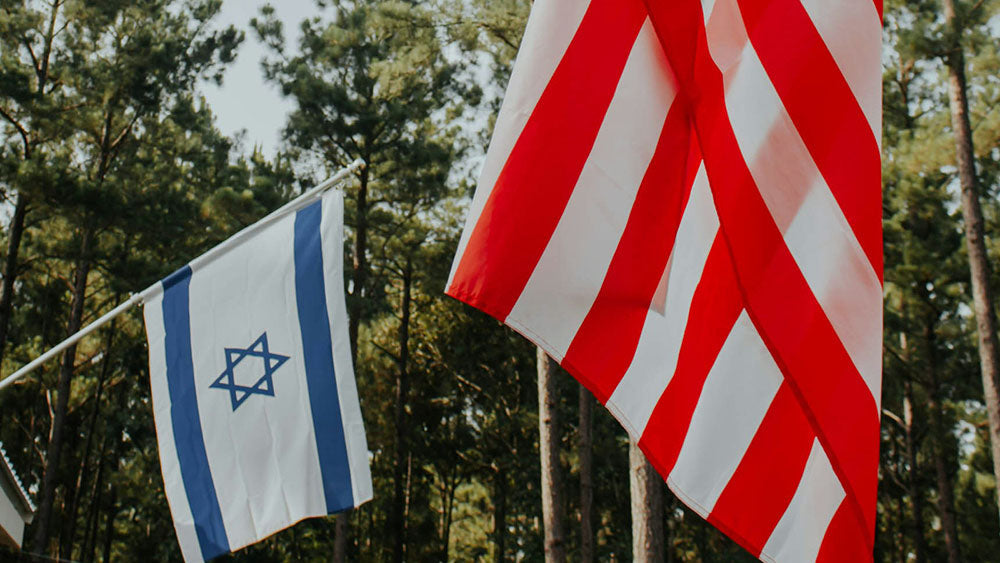Construction finally began, a few weeks ago, on a road that has had approval and funding for years now. The Hawara bypass road was announced in 2019 after an attempted attack on a Jewish man traveling through the town. The road through Hawara provides access to four Jewish communities: Bracha, Itamar, Elon Moreh, and Yitzhar. In addition to presenting danger to Jewish travelers, the current road is also frequently backed up with heavy traffic. The new route would not just be safer, but it would lower traveling time for residents of the four communities, making it more attractive for people to move in and opening up new horizons for expansion.
It represents the encouraging trend in recent years of Israel’s Transportation Ministry, to incorporate Judea and Samaria road planning into Israel’s transportation master plan. The current plans include new roads and road expansions leading into Jerusalem.
The developments in Judea and Samaria are predictably getting pushback from groups who want Israel to withdraw from Judea and Samaria to make way for the creation of a Palestinian State.
Organizations like PeaceNow and Breaking the Silence, which push absurd claims like the one that Israel practices apartheid in Judea and Samaria, say the new roads mostly benefit Israelis while putting the Palestinians at a disadvantage. It’s a sad fact that the Oslo Accords of the 1990s, which were meant to bring peace to the region have led to the opposite: increased separation between Jews and Palestinians and an increase in Palestinian terrorism which has lead to a cycle of more separation and terror.
The need for security barriers and separate roads has come from a place of necessity. Israel does what it needs to do to protect its citizens while they do the best they can, under the circumstances, to thrive. The Palestinian Authority meanwhile, continues to foment violence, educate their children in antisemitism, and pay salaries to terrorists.
Many of the new roads could benefit Israelis and Palestinians alike if this culture of hatred and violence were not continued and encouraged.
Israelis who support increased infrastructure investment in Judea and Samaria are motivated by ideological as well as pragmatic reasons. Judea and Samaria is a region rich in Jewish history. It is the setting for most of the events of the Bible and the subject of many of the biblical prophecies of restoration. Since Israel’s return in 1967, the area has undergone incredible transformations. The Jewish People have thrown themselves into the task of rebuilding their ancient homeland, creating industry, and planting vineyards and olive trees just as the prophet Amos spoke:
“I will bring back the captives of My people Israel; They shall build the waste cities and inhabit them; They shall plant vineyards and drink wine from them; They shall also make gardens and eat fruit from them. I will plant them in their land, And no longer shall they be pulled up”
The infrastructure plans are one important part of improving the quality of life in Judea and Samaria. It’s also a step towards Israel taking possession of their heartland. Varda Epstein (Judean Rose) highlights other benefits that would come from Israel taking the next step and declaring sovereignty. Israel will be able to administrate the area which will lead to greater security and efficiency, among other things. But most importantly, “sovereignty will be an official political and national statement that this land is ours.”





Leave a comment (all fields required)